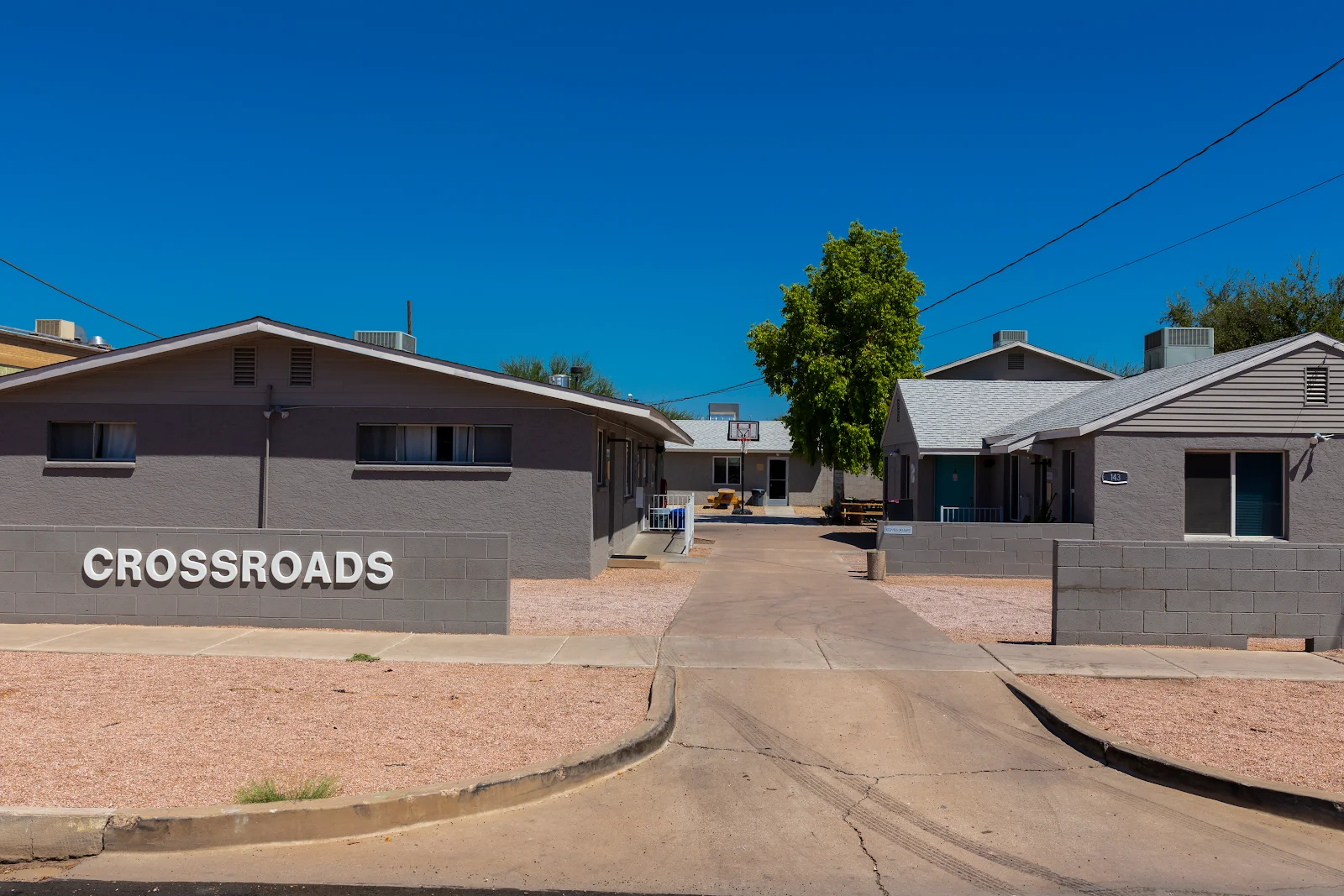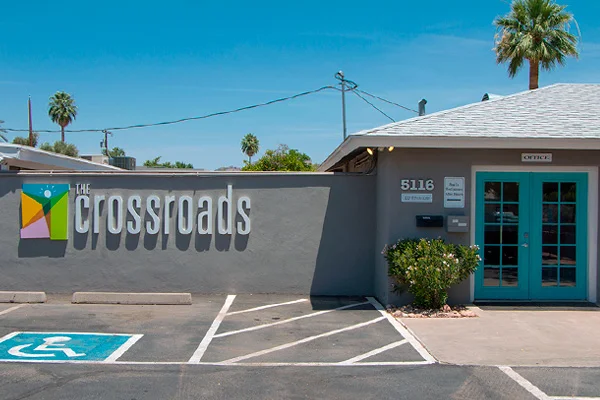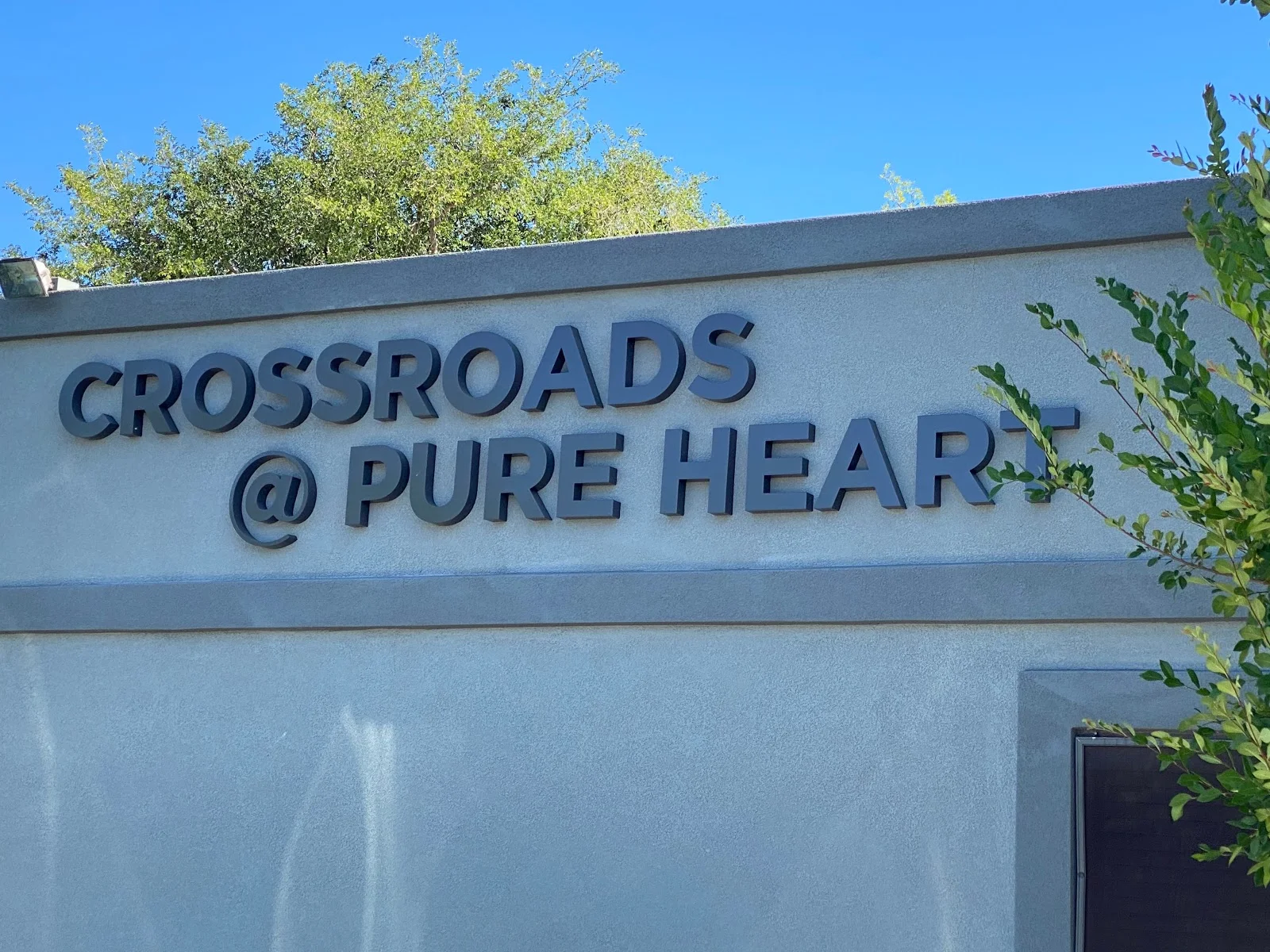Crossroads - Midtown Campus for Men Information
Treatment
Who We Treat
- Male and Female
Approaches
- 12-Step-Based
- Personalized Treatment
- Evidence-Based
- Gender-Specific
- Family Involvement
- Therapeutic Community
- Twelve Step
- Family Therapy
- Holistic
- Cognitive Behavioral Therapy (CBT)
- Dialectical Behavior Therapy (DBT)
- 1-on-1 Counseling
- Nutrition Counseling
- Life Skills Training
- Relapse Prevention Counseling
Conditions We Treat
- Trauma
- Co-Occurring Disorders
Substances We Treat
- Alcohol
Languages
- English
Aftercare
- Aftercare Home Support
- Drug Screening
- Aftercare App
Level of Care
- Residential Rehab
- Co-Occurring Mental Health
Experience
On-Site Amenities
- Business Center
- Computers
- Desk
- Internet Access
- Chef-prepared Meals
- Outdoor Lounge
- TV
Personal Amenities
- Bathroom Essentials
- Shared Bathroom
- Shared Rooms
On-Site Activities
- AA/NA Meetings
- Alternative Meetings
Special Considerations
- Healthy Meals are provided
Smoking and Vaping Policy
- Smoking Allowed in Designated Areas
- Vaping Allowed in Designated Areas
Accreditations
-
State department of health
State Licenses, issued by government agencies, authorize rehabilitation organizations to legally operate within designated geographical areas. The specific licenses required for operation are typically determined by both the nature of the rehabilitation program provided by the facility and its physical location.

Additional Locations
Crossroads - Midtown Campus for Men Accepts The Following Insurance Plans
Find the best treatment options. Call our free and confidential helpline today!













